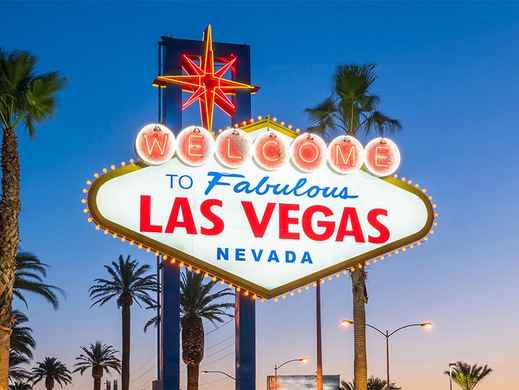


Hawaii County
North America
/
United States of America
/
Hawaii County
Spread over more than 4,000 square miles, Hawaii County on the Big Island offers remarkable natural diversity. From the snowy peaks of Mauna Kea to stunning black sand beaches and active volcanoes, the landscape is truly a sight to behold. The region experiences a distinctly tropical climate, with minor seasonal changes, but temperatures can dip quite significantly at increased elevations.
The inhabitants local customs strongly uphold Hawaiian traditions, harmoniously combined with a relaxed, eco-centric lifestyle. This unique blend forms an atmosphere where age-old practices like hula dancing and lei-making mix with modern island life. The aloha spirit is not merely a form of greeting, it’s a way of life that permeates each interaction.
What distinguishes Hawaii County is its raw, untouched splendor and geological marvels. Housing the Hawaii Volcanoes National Park, the saga of land creation can be observed firsthand as Kilauea continues its volcanic activity. The island's agricultural legacy is vibrant, reflected in its globally renowned Kona coffee farms and macadamia nut plantations.
For culinary enthusiasts, the local delicacies are a dreamland - from poke bowls and kalua pork to fresh mango. Be sure to try out loco moco, a satisfying dish of rice topped with a hamburger patty, a fried egg, and gravy. The Hilo Farmers Market is a sensory treat, giving a genuine feel of local produce and crafts.
Your must-do list should include snorkeling with manta rays in Kona, exploring the surreal Green Sand Beach, and star gazing at the Mauna Kea summit - the host to some of the world's most powerful telescopes.

Travel Tips for Hawaii County
What you need to know before traveling here
Getting Around Hawaii County
A guide to Hawaii County's local transportation
A rental car is almost a necessity when exploring Hawaii County. Major rental agencies are available at both the Kona and Hilo airports. Make your reservations well in advance during peak season. Four-wheel drive vehicles are recommended for reaching certain beach locations and the summit of Mauna Kea.
Practical Tips for Hawaii County
Things to prepare and best way to visit
The best times would be from April to May and September to October, as this is when the weather is favourable and less crowded. Prices are typically lowered during these shoulder seasons. However, the island remains beautiful all year round.
Plan for around $150-300 per day, which would cover your accommodation, food, and activities. If you’re thinking of staying at luxury resorts or engaging in several guided tours, be prepared to budget more.
Yes, it is safe as long as you adhere strictly to the National Park Service safety guidelines. Make sure to stay updated with volcanic activity shifts and adhere to all closures and warnings. Always remain on the designated trails.
The Big Island is served by Kona International Airport (KOA) and Hilo International Airport (ITO). Kona deals with more direct flights from the mainland, whereas Hilo primarily handles inter-island transit.
While English is spoken widely, learning basic Hawaiian phrases can demonstrate cultural respect. "Aloha" means hello/goodbye, "Mahalo" is thank you, and "Pali" translates to cliff.
See All Practical Tips for Hawaii County

Explore Hawaii County
Create your itinerary with our top picks below

Travel Tips for Hawaii County

Explore Hawaii County
More Destination Near Hawaii County

























 Facebook
Facebook Instagram
Instagram TikTok
TikTok Youtube
Youtube Telegram
Telegram
